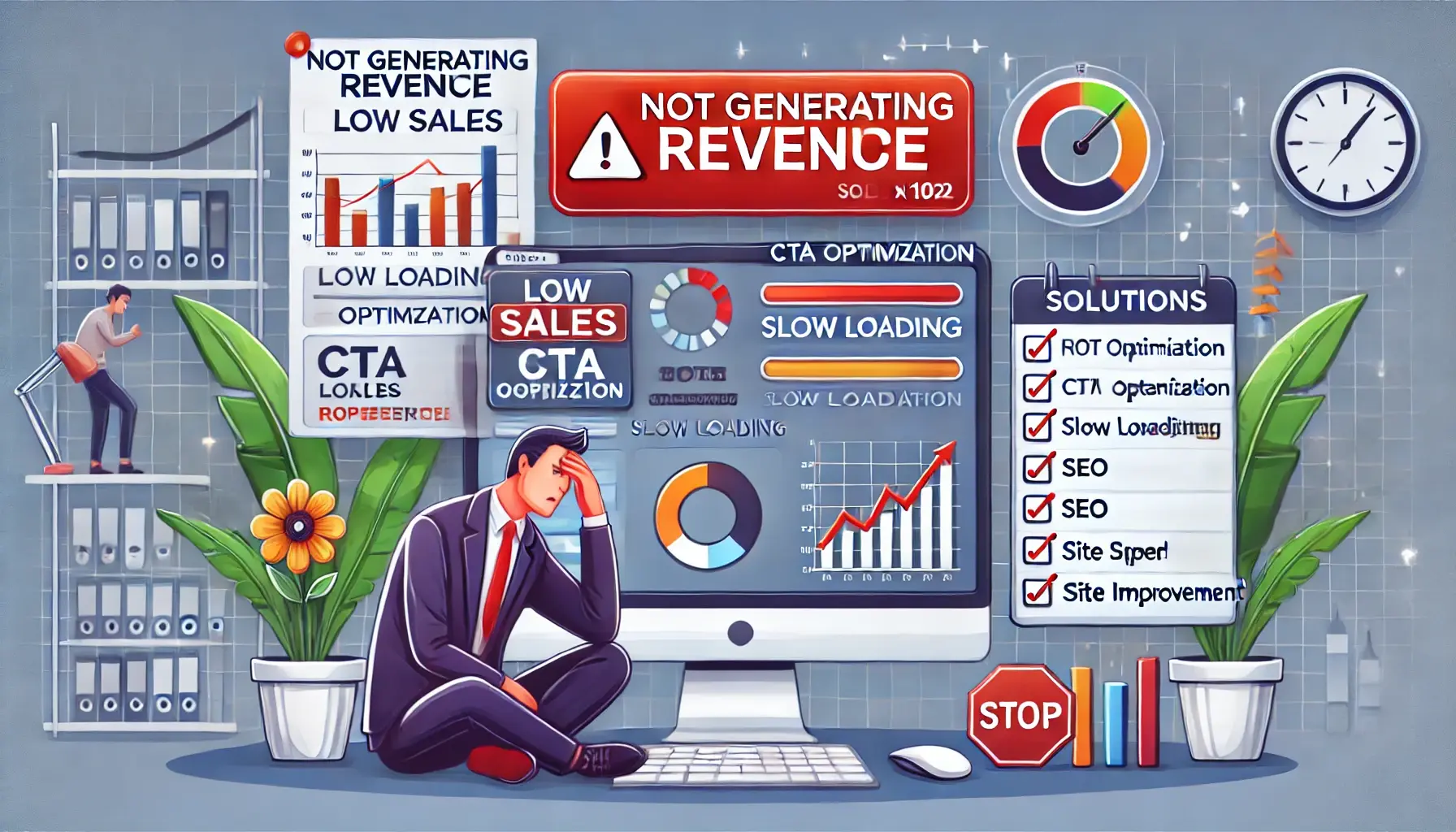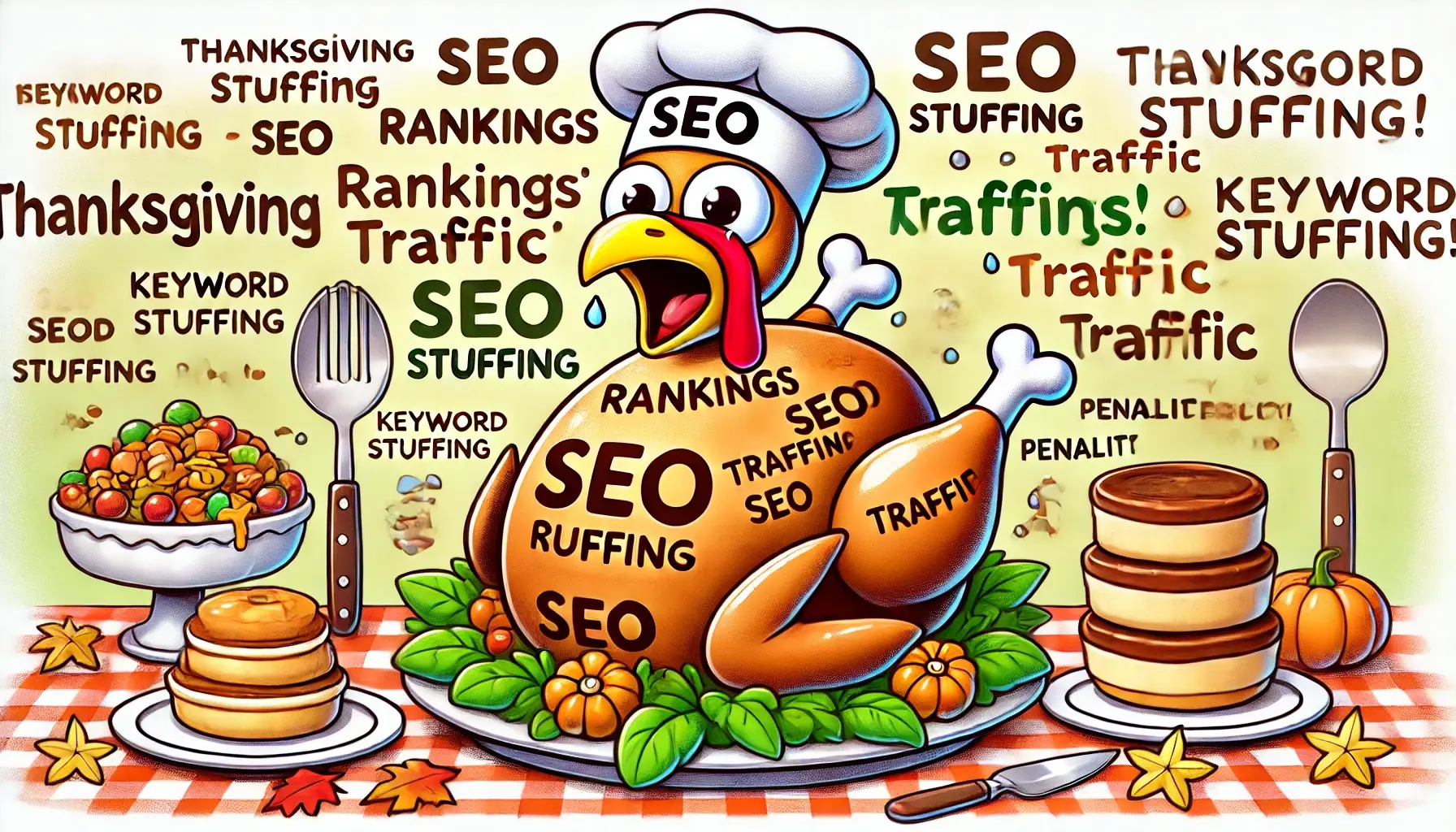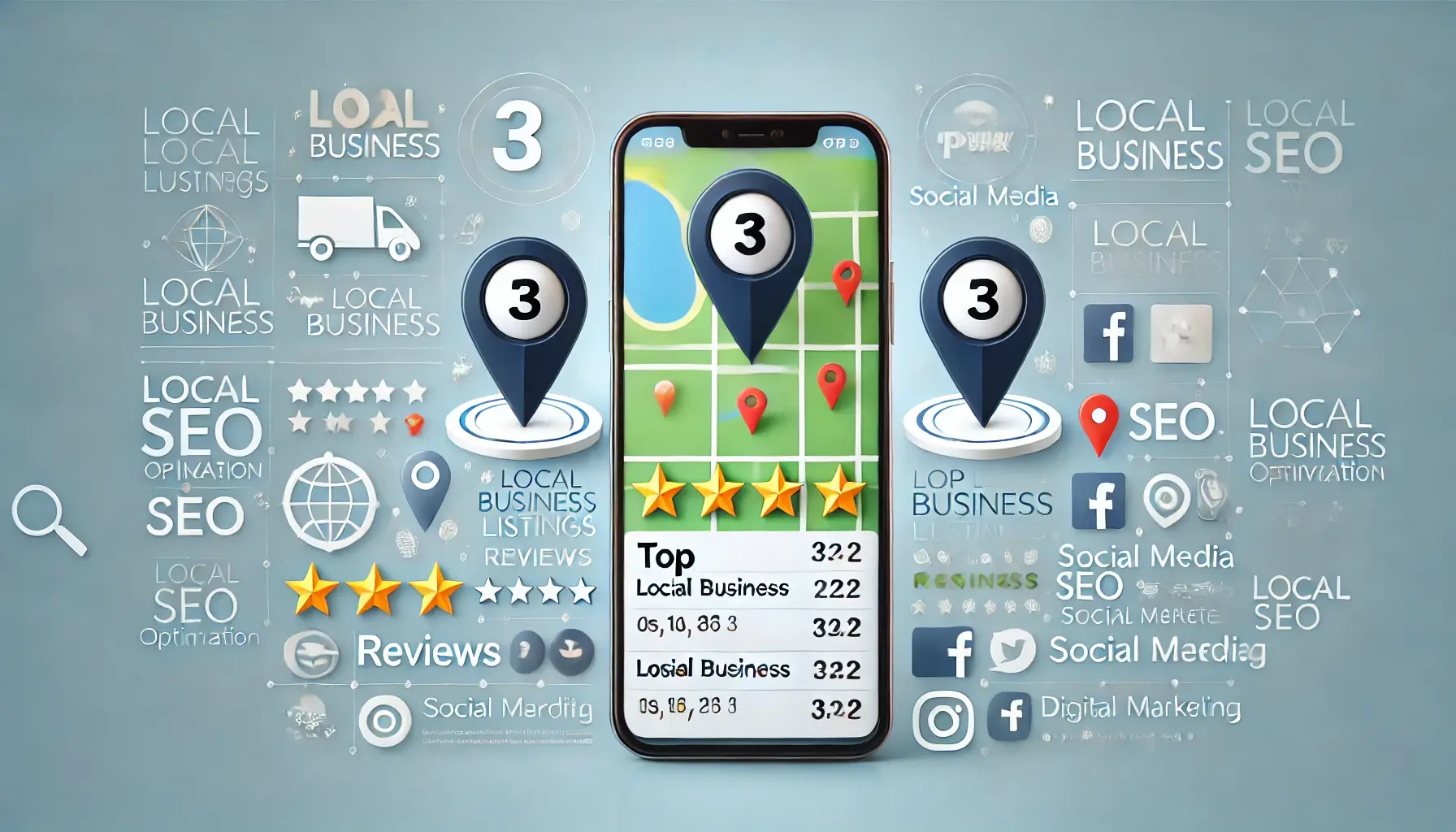
Google announced last year a significant change within thw land of SEO: They’re transitioning to a “mobile-first” index. This shift is crucial for several reasons, primarily because it emphasizes Google’s ongoing focus on mobile as the new standard. Let’s explore how this change might impact your online presence and what steps you should take to stay aligned with Google’s direction.
What Exactly is Happening?
To give you some context, Google’s “index” is essentially their database of web pages. If your website is indexed by Google, your content can appear in search results. However, if it’s not indexed, your content will never show up in Google search results, making it impossible for users to find your business online.
Until now, Google has maintained a single index that serves both desktop and mobile search results. This was a “desktop-first” index, meaning Google evaluated your website primarily from a desktop user’s perspective. Now, Google is shifting towards building a mobile-first index, where they’ll assess web pages from a mobile user’s perspective.
During this transition, there will be two indexes: the current desktop-first index and the new mobile-first index. Most users will still see results from the desktop-first index, while a smaller group will see results from the mobile-first index. As Google continues to test and refine the mobile-first index, more users will be served these results until it eventually replaces the desktop-first index entirely.
In the long run, this means there will be one unified index that evaluates and serves web pages from the perspective of a mobile user rather than a desktop user.
Why is This Happening?
This adjustment to Google’s index is part of a broader trend where the Internet is becoming increasingly mobile-centric. It’s not surprising, given that Google announced in May 2015 that mobile search had surpassed desktop search for the first time. Since then, the shift towards mobile has only accelerated.
For instance, think about how Google currently delivers websites to mobile users. With the desktop-first index, Google ranks pages based on desktop browsing signals, even for mobile users. This approach can be problematic when businesses maintain separate desktop and mobile websites. Companies often do this to offer mobile users a version of their site that is easier to navigate and read on smaller screens, often by serving less content.
This creates a disconnect because Google ranks pages based on the desktop version’s relevance, even though mobile users see a simplified version of the page. A mobile-first index addresses this issue by evaluating all sites from a mobile perspective, ensuring consistency between what Google expects and what users actually experience.
Who Does This Affect?
Your website likely falls into one of three categories. Let’s go through each to determine if you need to make any changes to prepare for the mobile-first index.
1. You Have a Desktop-Only Website
If your site is designed exclusively for desktop users, Google’s new index will still catalog your website and include it in search results. However, Google will now view your site from a mobile user’s perspective. This means you need to ensure your site is functional on mobile devices, or risk seeing your rankings decrease. If your site isn’t mobile-friendly yet, you’re missing out on a ranking boost and should seriously consider a fully responsive redesign.
2. You Have a Responsive/Dynamic Website
Good news! The mobile-first index change shouldn’t affect you as long as your site is fully viewable and functional for mobile users. To be sure, you can test your pages using Google’s free mobile-friendly test tool.
3. You Have Separate Mobile and Desktop Websites
Websites in this category will be most impacted by Google’s shift. Specifically, you need to watch out for two potential issues:
- Serving mobile pages with significantly different content than their desktop versions.
- Serving mobile pages that lack structured data markup.
As Google begins ranking pages from a mobile perspective, you want to ensure that your mobile site represents your best content. If your mobile pages have less content or lack structured data compared to their desktop counterparts, you’re likely to see a drop in rankings and overall traffic once the mobile-first index is fully implemented. This doesn’t necessarily mean you need to switch to a different website configuration, but if your content and markup are consistent across both versions, you might avoid losing search traffic.
If you choose to keep separate sites, make sure the mobile version is crawlable by Google. Many companies currently block Google from crawling their mobile sites in the robots.txt file, preventing them from ranking at all. However, switching to a responsive site remains the best long-term solution.
Moving Forward with a Mobile-First Google
While this is a significant change in the digital marketing world, there’s no need to take drastic action right away. Google’s Gary Illyes has stated that they’re aiming for a “quality-neutral launch” of the mobile-first index, meaning the rollout will be gradual, giving everyone time to make necessary adjustments.
If you’re feeling overwhelmed, there are two key things to focus on:
- Ensure your website is accessible, viewable, and usable for all mobile users.
- Ensure your content and markup are consistent across both desktop and mobile versions of your site.
If your website is already mobile-friendly with a responsive design, you likely won’t need to make any changes. However, it’s important to stay updated with any announcements or additional information from Google. As they refer to this as an “experiment,” they may make adjustments as needed going forward.
To start, you can check out Google’s webmaster blog for the official announcement.
Are You Ready for a Mobile-First Index?
Let me know in the comments how you and your company are preparing for the shift towards mobile-first!






















